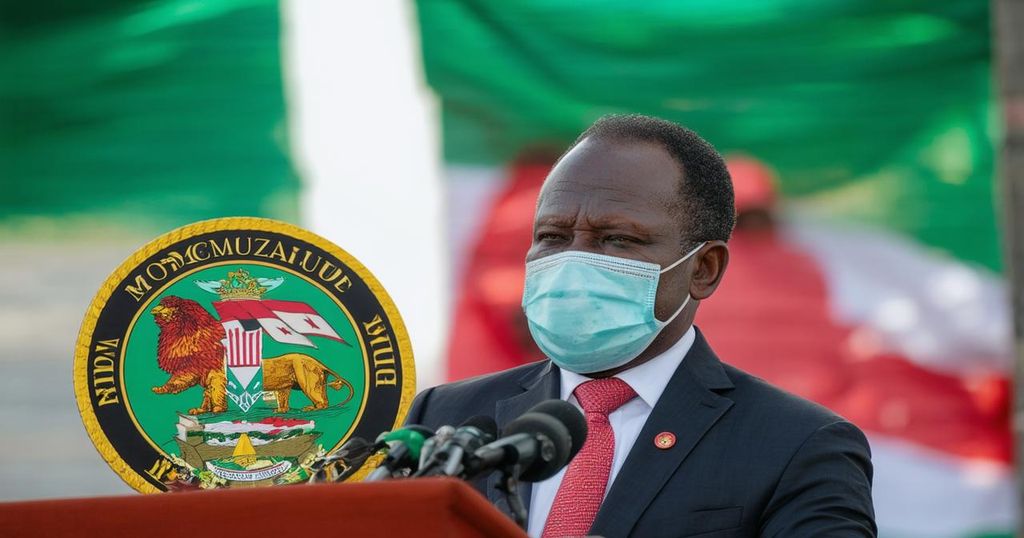Mozambique Election Results: Frelimo’s Daniel Chapo Declared Winner Amid Controversy
Frelimo’s Daniel Chapo has been declared the winner of Mozambique’s presidential election, securing 71% of the vote amid serious allegations of electoral fraud and violence against opposition supporters. The elections have been marred by protests, including a national strike called by Chapo’s primary competitor, Venancio Mondlane, in reaction to perceived electoral injustices. EU observers have reported irregularities during the election process.
In Mozambique, the ruling party, Frelimo, has secured victory in the recent presidential election despite widespread allegations of electoral fraud and violence, as confirmed by the electoral commission. Daniel Chapo, a comparatively obscure candidate viewed as a potential catalyst for change, has succeeded Filipe Nyusi after amassing 71% of the votes. This election marks a notable milestone, as Chapo is the first president born following Mozambique’s independence in 1975. His main opponent, Venancio Mondlane, garnered only 20% of the vote. However, the election process has been overshadowed by serious allegations of rigging and intimidation, leading to public protests across Mozambique. Notably, Zimbabwe’s President Emmerson Mnangagwa prematurely congratulated Chapo on his victory even before official results were disclosed. Reports from the capital city, Maputo, indicate a tense and tense atmosphere, with many businesses shuttered and streets largely deserted. Mondlane has called for a national strike to express opposition to the alleged irregularities in the election process, and to honor the memory of a lawyer and a party official who were murdered in what he has characterized as politically motivated violence. He contends that he was the true victor of the election, notwithstanding preliminary results favoring Chapo. Following the election, Mondlane organized countrywide protests, which were met with police resistance involving live ammunition and tear gas. Additionally, European Union election observers have cast doubts on the legitimacy of the elections, citing irregularities and alterations in the vote-counting process.
The 2023 Mozambican presidential election highlights ongoing concerns regarding political stability and electoral integrity in the nation. Frelimo, which has maintained power for nearly half a century, faced challenges from opposition parties amid allegations of electoral malfeasance including voter intimidation and manipulation of election results. This election has especially significant implications given the historical context of Mozambique’s independence struggle and the political climate leading up to the elections. Reports of violence against opposition members further exacerbate the existing tensions and underscore the need for comprehensive election reform in the country.
The outcome of Mozambique’s recent presidential election illustrates significant challenges in the country’s political landscape, marked by allegations of voter fraud and violence against opponents. The ruling Frelimo party’s continued dominance under Daniel Chapo’s leadership raises concerns about the future of democratic processes in Mozambique. The calls for protests and strikes by opposition figures indicate a pervasive discontent among segments of the populace regarding the electoral process and the legitimacy of the results. The situation remains fluid, with ongoing tension and potential for further unrest as the country grapples with these complex issues.
Original Source: www.bbc.com




Post Comment